Shinzen Young, one of the oldest American teachers of awareness, the author of Enlightenment Science.
Meditation practitioner and neuroscientist consultant, Shinzen offers a rational and scientific point of view on an area traditionally prone to blurry formulations and mystical language. As he himself often says, his task is to remove mysticism from mysticism.
After Schinzen graduated from the Faculty of Asian Languages at UCLA, he entered a doctorate in Buddhist studies at the University of Wisconsin. During the preparation for the dissertation, he lived for three years as a monk on Mount Koya in Japan, at the monastery of the Buddhist school Shingon (Japanese branch of the Vajrayana). There he received this name - Shinzen, and for the first time began to seriously meditate, which led to his teaching activities in the future.
In particular, his monastic practice included a 100-day winter retreat, held almost without heating and in almost complete silence, without food after noon, and in addition - with "cold water purification", when it was necessary to pour ice water from the bucket on a daily basis naked body. As Shinzen recalls in his book: "It was so cold that the water froze at the moment when it touched the floor, and the towel froze right in my hands, and I barefoot slid on the icy floor, trying to wipe the body dry with a hardened kitchen towel."
Going through all these tortures, Shinzen noticed that if he maintained a state of increased concentration, then the experience of suffering was significantly reduced. When attention fled, suffering was unbearable. On the third day of this test, he condescended:
"I had only three options: either I will spend the next ninety-seven days in a state of increased concentration during all hours of wakefulness, or I will lead them in extreme agony, or at all surrender and will not be able to finish what I agreed to. The choice was obvious. "
Shinsen finished 100 days of training. After that, he could "consciously feel the taste of increased concentration at any time at will. A hundred days from my life have proved to be an extremely low price for learning to live completely differently. "
We can constructively use any discomfort in our lives to develop skills of concentration, clarity and balance
Fortunately for all of us, the positive effects of training mindfulness skills are available and without going to such extreme measures. Actually, Shinzen says that we can constructively use any discomfort in our life in order to develop the skills of concentration, clarity and balance.
Shinzen: There is this external cause that causes my suffering. I experience suffering as a feeling of emotion of anger, horror, sorrow, shame and helplessness in the body, and as a turmoil in my head. All this is an unpleasant sensory experience. I need to distinguish external circumstances from these sensory experiences, especially because these external circumstances - certain people in power do something that upsets me - in the near future they will not go anywhere.
There are two ways to reduce the amount of suffering: change the circumstances, and learn more consciously living any of your sensory responses
There are two ways to reduce the amount of suffering. The first is to change those circumstances that are trigger for our sensory responses. Of course, this method has obvious limitations. Regardless of how fervently we long to change circumstances, they may not change in the near future.
Another way is to learn more consciously living any of your sensory responses. I define awareness as a set of three attention skills that include the power of concentration, sensory clarity and balance.
The power of concentration is the ability to focus on what you think is appropriate. In most people, the level of concentration is rather low.
Sensory clarity is the ability to understand what sensory flows your perception of what is happening is from. What does this refer to visual experiences? What about the bodily? What is audible? What of it - internal images, or internal monologue? Sensory clarity is the ability to disassemble their own experiences in "real-time mode" as it happens.
Balancing is the ability to allow sensory experiences to come and go without struggle - without reacting to them, trying to keep them or push them away.
When you develop these skills, you can escape to discomfort. We all know what it means to run away from discomfort: I either try to drown it, or try to get distracted, or remove the source. The extreme measure is to deprive yourself of life.
Running into discomfort seems a strange idea, but many people felt something like this in life. Perhaps once you experienced a situation that was physically, emotionally or psychologically unpleasant (or even all of this at once), and suddenly at some point you stopped fighting with it. Instead, you opened to meet her, recognized all the sensory experiences that accompanied this situation, and still felt pain or discomfort ... but that was not a problem anymore. You can so completely feel the discomfort that you "run away" into it.
You can feel the pain without suffering: it is not necessary to muffle it with anesthetics, alcohol or drugs, and it is not necessary to turn away from the circumstances
The idea that you can feel pain or discomfort without suffering is a very deep and important idea, because it gives you a choice when you can not change the external situation: it is not necessary to reduce sensitivity and dull pain with anesthetics, alcohol or drugs, and do not necessarily turn away from the circumstances.
In a sense, you live with more severity, but less perceive it as a problem. In other words, it hurts more, and worries - less.
The fullness of experience is a way to measure how conscious you were during this experience. As you bring more and more concentration, clarity and balance into your own experiences, they become more and more complete. When you focus on them consciously, you perceive them more full. This I call acuity.
And since in these moments you are not trying to somehow retain the sensory experience or evade it, it becomes much more fluid and turns out to be a completely different entity than it would be without it. Your subjective experiences bring less suffering, despite the fact that they become in some sense more intense. And the important result: now discomfort motivates and directs your behavior, and does not distort and provokes it.
You can imagine it like this: H₂O remains H₂O, regardless of whether it is a piece of ice, the current water of a river, or steam in the air. It does not matter in what physical state this chemical compound is, water always remains water. But between these physical states is a huge difference. You can drink or bathe in running water, but with pieces of ice this will not work out. Melt the ice, and you can both nourish yourself and purify yourself.
So, imagine that you live on a frozen planet, where everyone saw water only in the state of ice. And then someone tells you that you can drink water and bathe in it. Of course, you will say: "What ?!", because for you water is ice. You simply do not know about other water conditions, because you grew up on such a planet.
When it comes to conscious living emotions, most people live on a frozen planet.
They know what anger, horror, shame and confusion are, and they think they already know everything that you can know about these experiences. But they know only one state of these emotions - incomplete, frozen. It is very difficult to imagine what their condition will be if to live all these emotions with such level of concentration, clarity and poise that instead of hardening and turning into suffering, they will become an uncontrollable natural stream. It is very difficult to imagine that they can nourish you or purify your consciousness.
When we live physical, emotional and psychological discomfort completely and completely, it changes its state in the same way that ice melts and becomes water. It's still H₂O. Pain is still pain. But fluid pain has a completely different potential than pain hardened.
When you can not change the external circumstances that cause suffering, and do not want to just blunt the pain, you can learn to experience discomfort from the state of heightened awareness.
Since you are still hurt, this will motivate you to change circumstances. But since your actions no longer distort and provoke suffering, they are more likely to become effective, and will not bring undesirable and unexpected results.
When you can not change external circumstances and do not want to just dull the pain, you can learn to experience discomfort from the state of heightened awareness
I think that many people view meditation as a means to achieve something - namely, enlightenment - that seems to be a state of permanent and blessed detachment in which you do not need to deal with the ordinary world. In other words, you renounce the world and attain enlightenment so that you no longer feel pain.
Shinzen: I do not use the word "detachment", I prefer "balance". Detachment is more connected with the attitude to objective circumstances, where you cease to interact with the world. But in fact we do not really want to be separate from the world, become completely indifferent or apathetic in relation to unpleasant circumstances, political or any other.
We depend on the senses, which tell us how things are, and balance is the way to relate to our feelings. This is really separation in the sense that you stop interfering with the natural flow of your own sensory experiences, but this separation allows you to live all the feelings in a much more complete way.
So instead of giving up pain, you begin to experience pain sharper and fuller, but suffering is reduced. It can even lead to the fact that you find yourself happy in the midst of the pain that in another situation would make you unhappy.
Instead of giving up pain, you begin to experience pain more sharply and fuller, but suffering decreases
What is the connection between awareness and the selfless nature of experiences?
Shinzen: As all experiences become more and more conscious, an interesting process happens: your perception of yourself is changing. Some people call this experience "non-self" or selfless, while others call it "find your true self."
What do these seemingly contradictory ideas indicate? The fact that with self-awareness, self-perception becomes more flexible. Sometimes it is perceived as boundless, and at other times it seems to collapse into nothingness. Or it takes any intermediate size.
If we use again that metaphor with water conditions, then most people perceive themselves in a frozen state. As a result, they often do not like themselves too much. The more fluid and conscious is our sense of "I-is-ness", the less it is tied to suffering. When you are attached to a "frozen" feeling, you will soon look for anesthesia and ways to blunt experiences, think of suicide, or blame external circumstances for your suffering.
Then you can not escape to discomfort, or perceive it as part of the wealth of life. Discomfort becomes your enemy, something that should be avoided by all means. And then your behavior becomes distorted and reactive.
I do not believe that the behavior of most people is distorted and reactive on some large scale. Probably for most people this is a little distortion and little reactivity, but that's the problem: there are a lot of people, and there is a lot of time too. And when a lot of people act in a slightly reactive and distorted manner for a long time, the consequences can be catastrophic.
How did Hitler appear? He was not just a lonely sociopath, but the result of the fact that millions of Germans did not know what to do with their suffering, and ultimately led themselves to monstrously distorted actions as a solution.
Shinzen: When I come across a situation in a world that seems terrible, I ask myself: "If you look in depth, what is the reason for this?". And it's always people who want to do the right thing, but choosing actions based on suffering. So the attempts to do the right thing turn into terrible wrong things.
And then I look at myself and say: "Damn it, I want to be sure that my perception of anger, horror, sorrow, shame, helplessness or confusion will be as conscious as I can get." Otherwise, I will be in the same situation as all those people whose behavior is provoked by their suffering.
But the practice of meditation is not a flight or an anesthetic for what worries you. On the contrary, it will lead you to the fact that you will live the pain and discomfort that will appear in your life in a more intensive way. But the degree of suffering will decrease.
On a subjective level, you will be less concerned about everything that happens in life. On the objective, you can better and more effectively interact with any life situations.
It can be hard to believe in all this if you do not yet have the experience of awareness, but I have to say something even more incredible. We have already determined that as you learn to bring concentration, clarity and balance into sensory experiences, external and internal, these experiences go through a phase shift, like melting ice. This phase shift affects how you perceive yourself, making this perception less rigid and rigid, but it also affects how you perceive the world. It leads to a healthy collapse of the fundamental barrier between "inside" and "outside". Usually this is called the experience of unity.
Perhaps it sounds like a cliche, but such a state is part of the everyday reality for practicing mindfulness. Since the internal state of the "I" becomes more flexible and current, everything that is perceived in the ordinary state as "someone else's" becomes not very much a stranger. You begin to understand that you, yourself, and all things or beings in front of you constantly arise from a common spiritual source, and constantly return to it back. "I" and "the world" are the same.
In a state of awareness, love always goes first. Love deeply to be able to act effectively
In a state of awareness, love always goes first. I'm not talking about emotional or romantic love, but about true love, when you directly experience the way the Source loves you and the other, and thereby awakens you to existence. If this perception always precedes your sensory reactions, this does not mean that you will no longer have these reactions.
If you can deeply love everything, then you will walk this world like a giant, without suffering even in moments of clashes with demons.
If you do not suffer, regardless of the amount of discomfort, you can act in an optimal way to make this world better. So all my friends who are shocked by something, I say one thing: love deeply, in order to be able to act effectively.
Shinzen: Yes, definitely. I use the word "reactivity" for this. Dependence is an attempt to either avoid discomfort, or to increase the experience of pleasure, but ultimately it does not provide either one or the other. Conversely, awareness skills allow you to experience discomfort as part of the richness and fullness of life, and also enhance the perception of pleasure so that it becomes truly satisfying. And because you live in an ever more pleasant state, you do not need to take substances again and again to get high in between the phases of despair or depression.
Awareness makes possible exceptional satisfaction from comparatively small joys, whereas an addicted person must constantly increase the number or intensity of incentives in order to receive the same satisfaction as before.
At some point in your life, something will happen to you that really "hooks" on you: you will get sick, or get injured, or someone will betray you. Sooner or later, but something serious will happen.
If you are prepared, training and developing three basic skills of concentration, clarity and balance, you can use discomfort the same way monks, hermits and shamans have been doing this for thousands of years.
You do not need to run to the monastery to get rid of discomfort, because you learned how to run to discomfort, and thus - the monastery comes to you yourself.
Life itself will provide you with enough intensive practice, on the basis of which you can grow and develop if you are ready to perceive it.


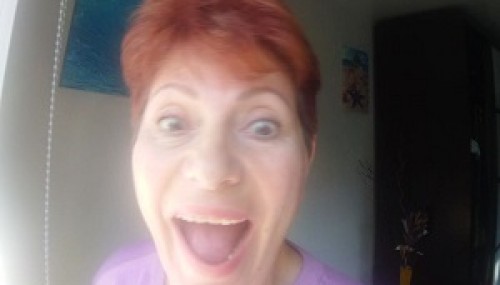
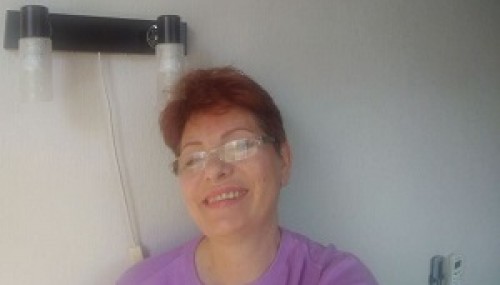

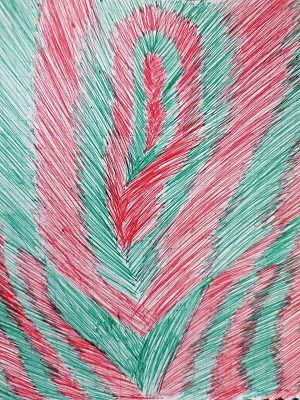

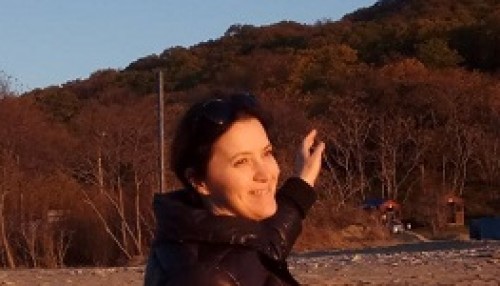
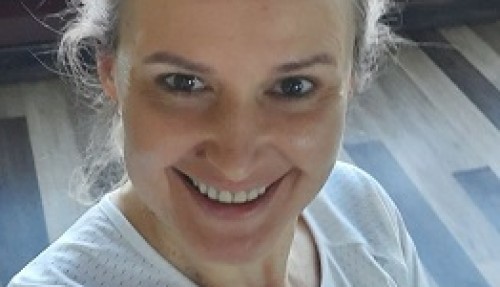
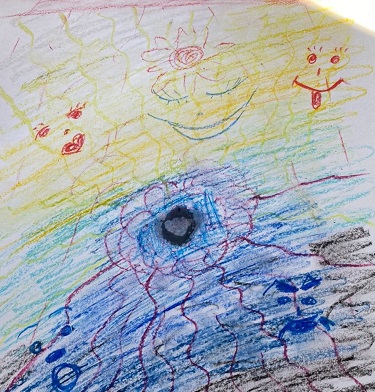
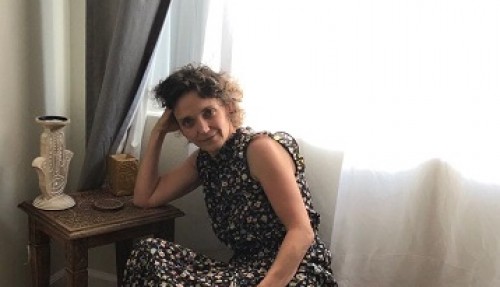
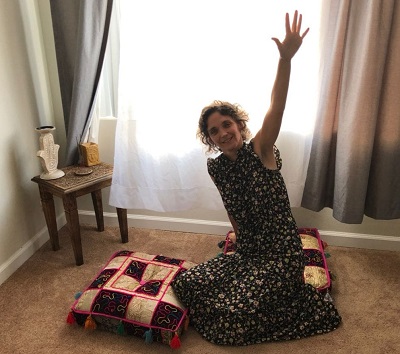
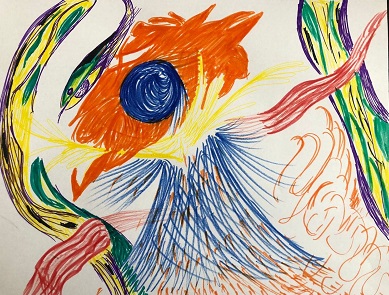
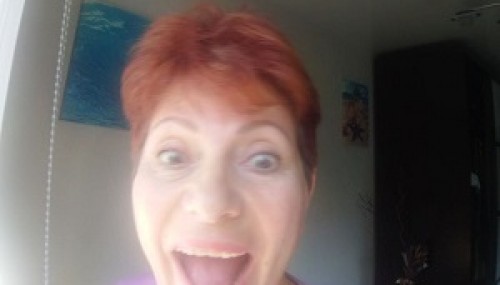
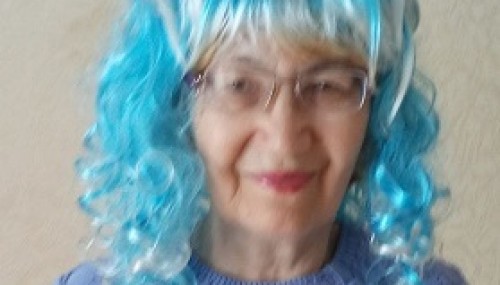

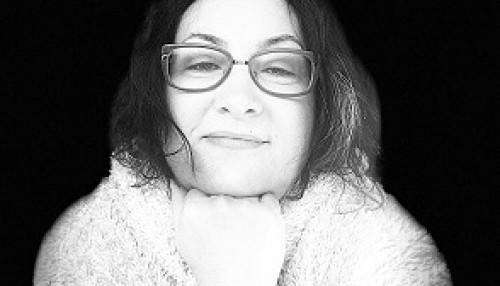
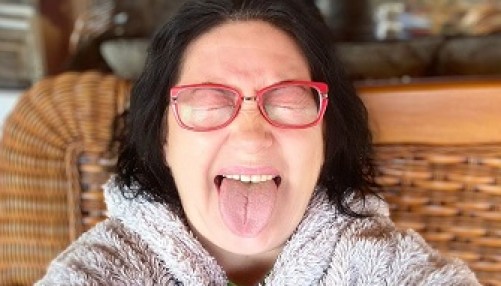
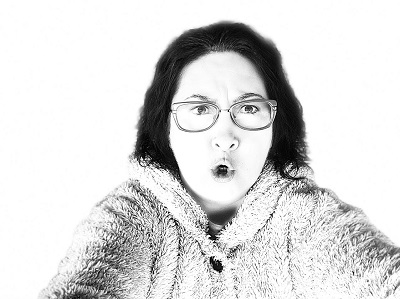
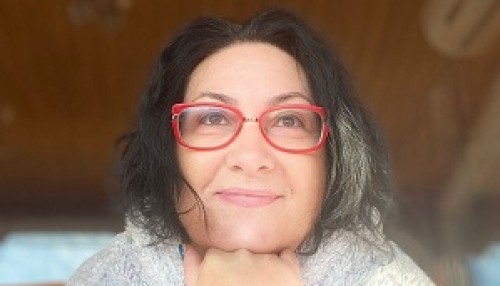

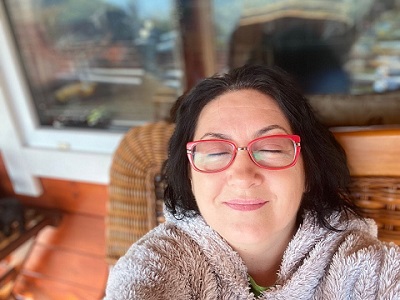

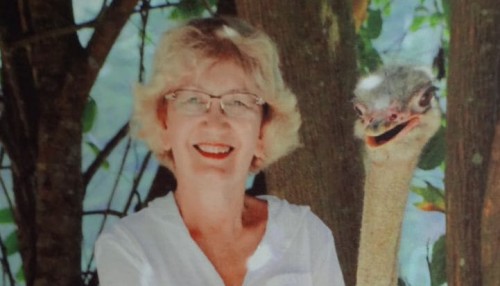

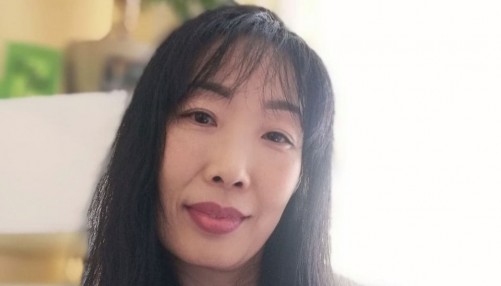

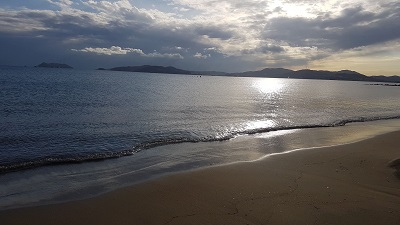
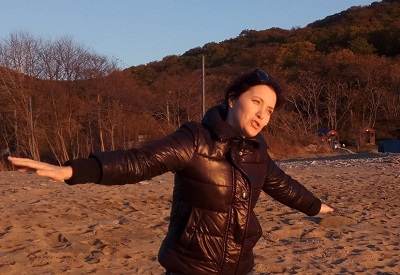
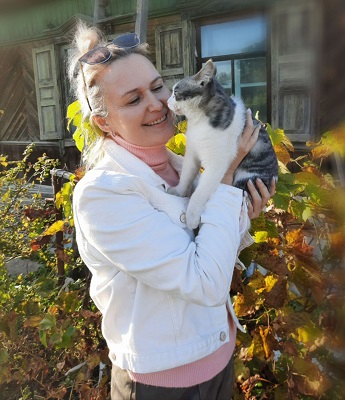
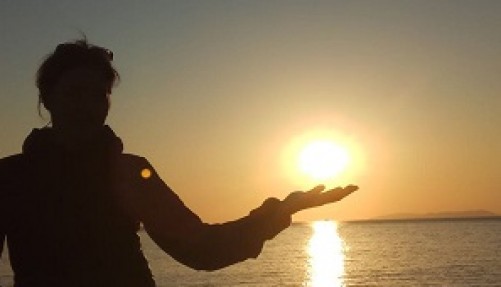
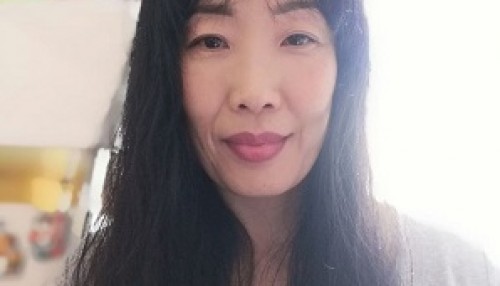
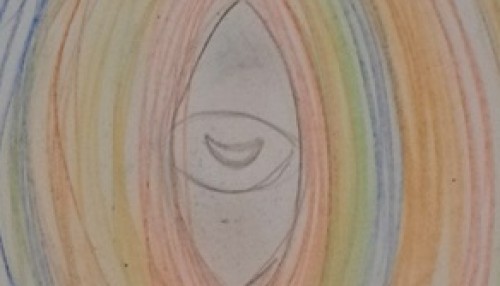
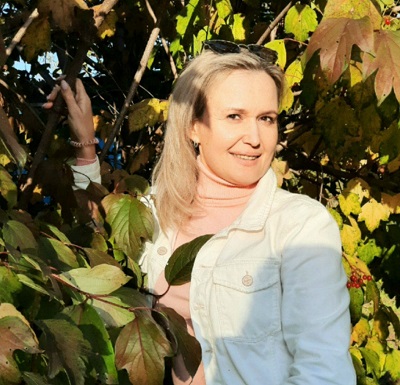

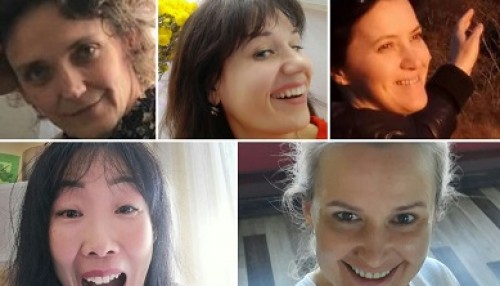
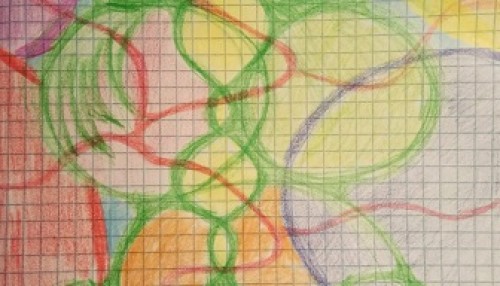
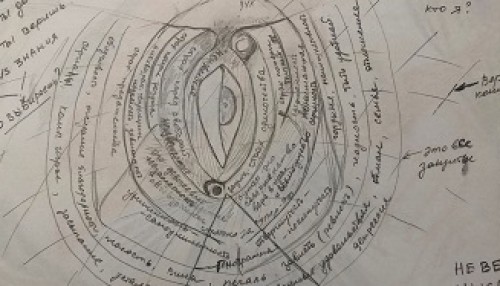
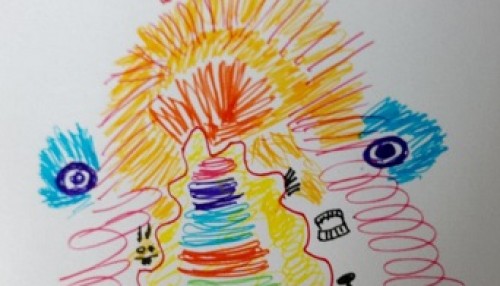
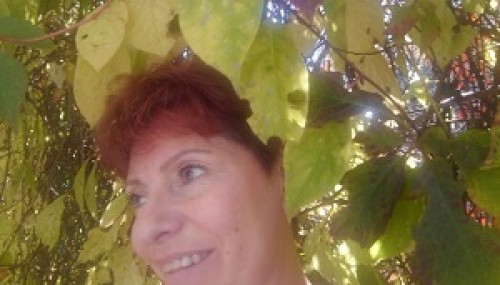

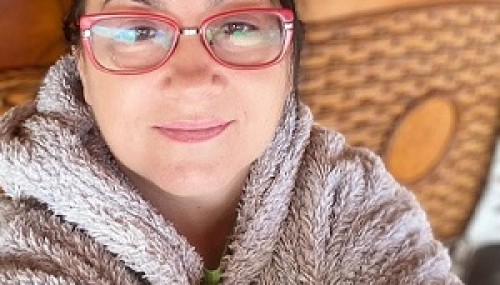
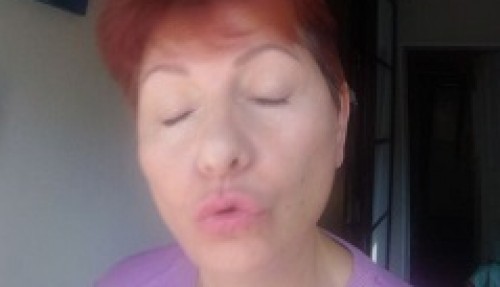
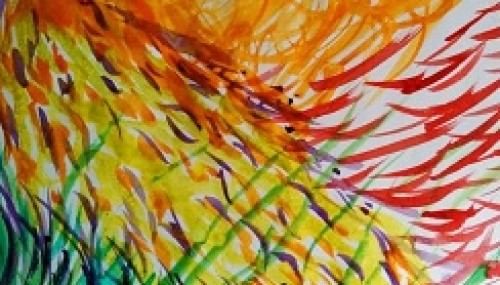
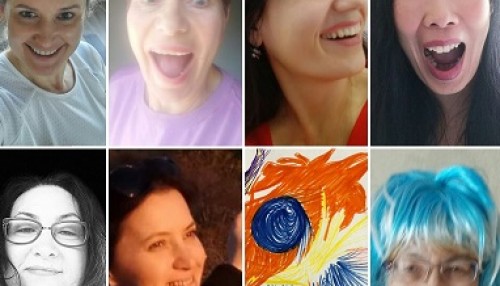
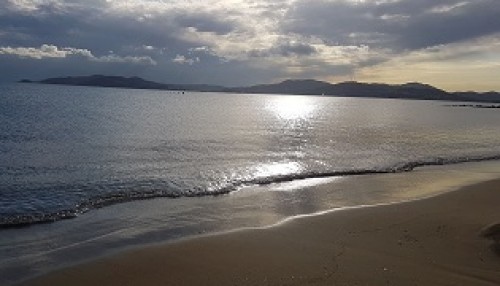


БлагоДарю Бегтство от безопасности...Переживи Осознанно всё ,что приходит
Бегтство от безопасности...Переживи Осознанно всё ,что приходит



29.03 15:45
Круто! Согласна с каждым словом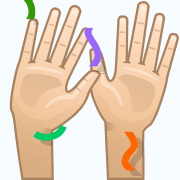







04.11 22:45
04.11 22:11